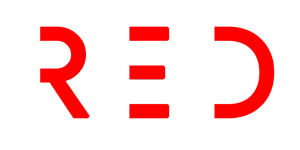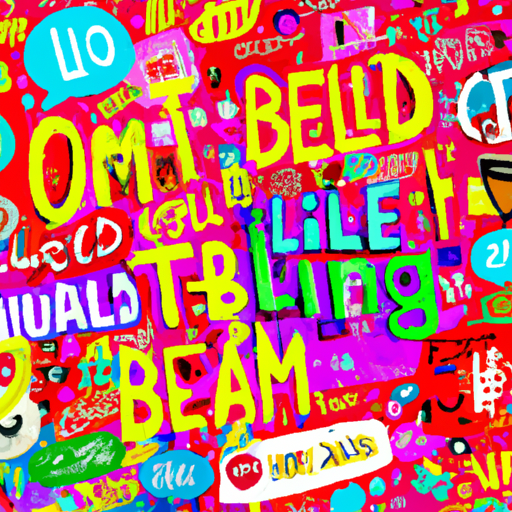# The Ever-Evolving World of Internet Slang: From LOL to BRB
**Is the Internet to Blame?**
Internet slang is a fascinating phenomenon that has taken the world by storm. From acronyms like LOL (laugh out loud) to phrases like “weird flex but okay,” these linguistic innovations have become a part of our everyday language. But where exactly does internet slang originate, how does it spread, and what does it take for these words to make it into the dictionary? In this article, we’ll explore the world of internet slang, define 81 popular slang words, and examine the factors that contribute to their inclusion in our dictionaries.
**How Slang Spreads on the Internet**
The internet has revolutionized the way language evolves and spreads. With the advent of social media platforms, linguists and anthropologists now have a wealth of data to study the origins and spread of slang. According to Julia Coleman, author of “The Life of Slang,” the internet has accelerated the process of linguistic changes. Previously, it would take years for new words to spread through word-of-mouth, but now, with the internet, slang can travel around the world within weeks and months.
**Internet Slang Around the World**
Internet slang is not limited to any particular country or culture. It has permeated every corner of the globe, adapting and evolving as it goes. For example, in Ukraine, the force-quit process of pressing control+alt+delete is known as “Дуля” (dulya) which is a Ukrainian gesture used in the same way we use “the finger.” In France, “mdr” stands for “mort de rire,” which means dying of laughter. In Sweden, “asg” is an abbreviation of “Asgarv,” meaning intense laughter. And in Thailand, the number 5 signifies the letter “h,” so 555 is the equivalent of “hahaha.”
It’s important to note that a significant amount of internet slang originates from African-American Vernacular English (AAVE). The words and phrases used within this community often spread and become part of everyday internet conversation. This highlights the influence of different cultures and communities in shaping internet slang.
**Internet Slang Words**
Now, let’s dive into the exciting world of internet slang and define some of the popular words and phrases you may come across. From general internet slang to social media and business-related jargon, here are 81 slang words along with their meanings:
*General Internet Slang*
1. Acct: Short for account.
2. BC: Stands for because.
3. Bet: Can mean “yes” or “It’s on” as a response to something you don’t believe is true.
4. BRB: Stands for be right back.
5. BTW: Stands for by the way.
6. Down: Means “yes” or a response showing interest.
7. Flex: Means showing off or bragging about something.
8. FOMO: Stands for fear of missing out.
9. FYI: Stands for your information.
10. Goat: Means greatest of all time.
11. GTG or G2G: Stands for got to go.
12. Highkey: Describes something obvious and true.
13. IKR: Stands for I know, right?
14. IMHO: Stands for in my honest opinion.
15. IRL: Stands for in real life.
16. Iykyk: Stands for “If you know, you know.”
17. JK: Stands for just kidding.
18. JOMO: Stands for joy of missing out.
19. K: Means okay or to end a conversation.
20. L: Means loss or loser.
21. LMK: Stands for let me know.
22. LOL: Stands for laugh out loud.
23. Lowkey: Means slightly bothered or discreet.
24. Mid: Means average or below average.
25. NBD: Stands for no big deal.
26. OOTD: Stands for outfit of the day.
27. Photobomb: Means entering someone’s picture or video uninvited.
28. Prolly: Slang for probably.
29. Salty: Means upset or bothered.
30. TFW: Stands for that feeling when.
31. TBH: Stands for to be honest.
32. TL;DR: Short for “too long

